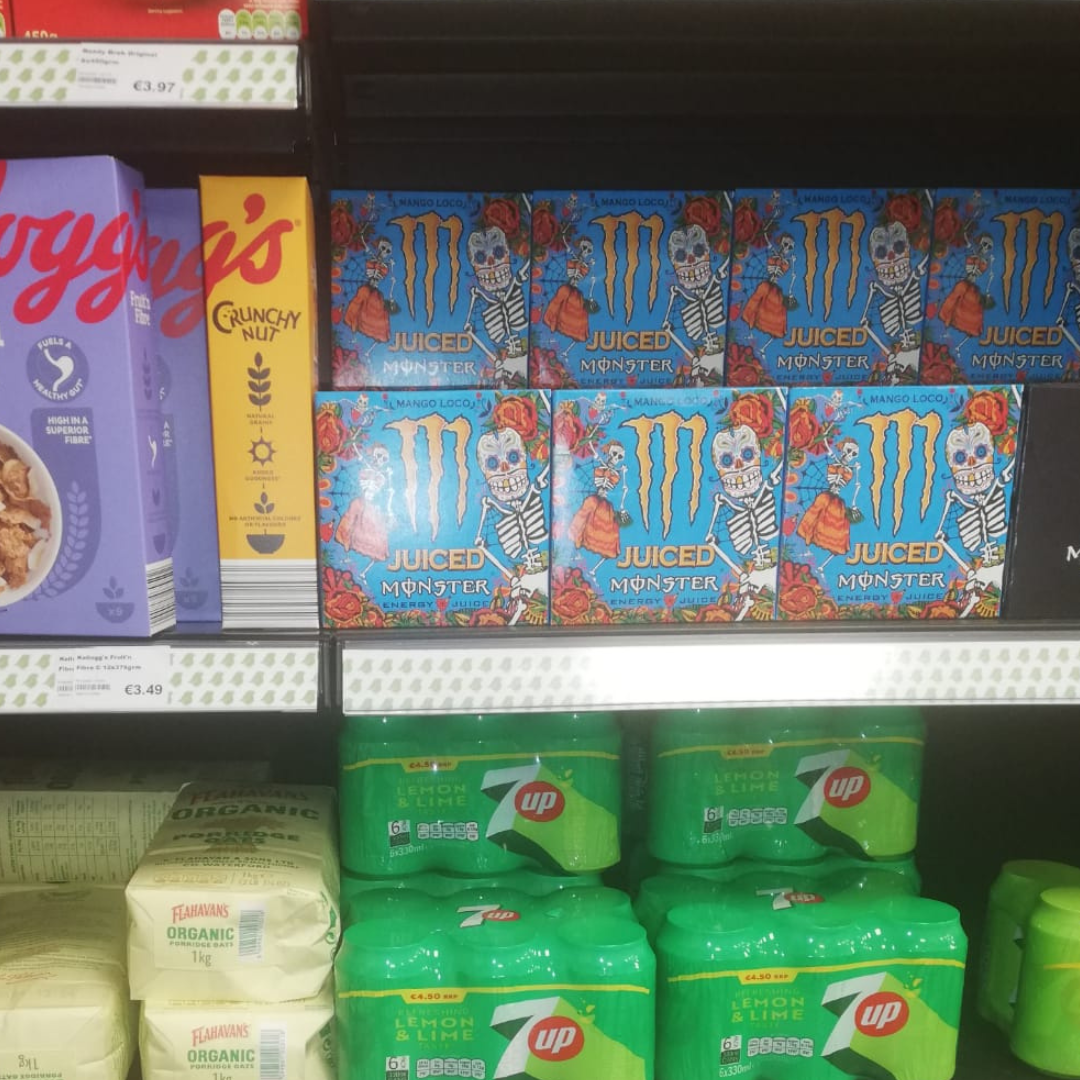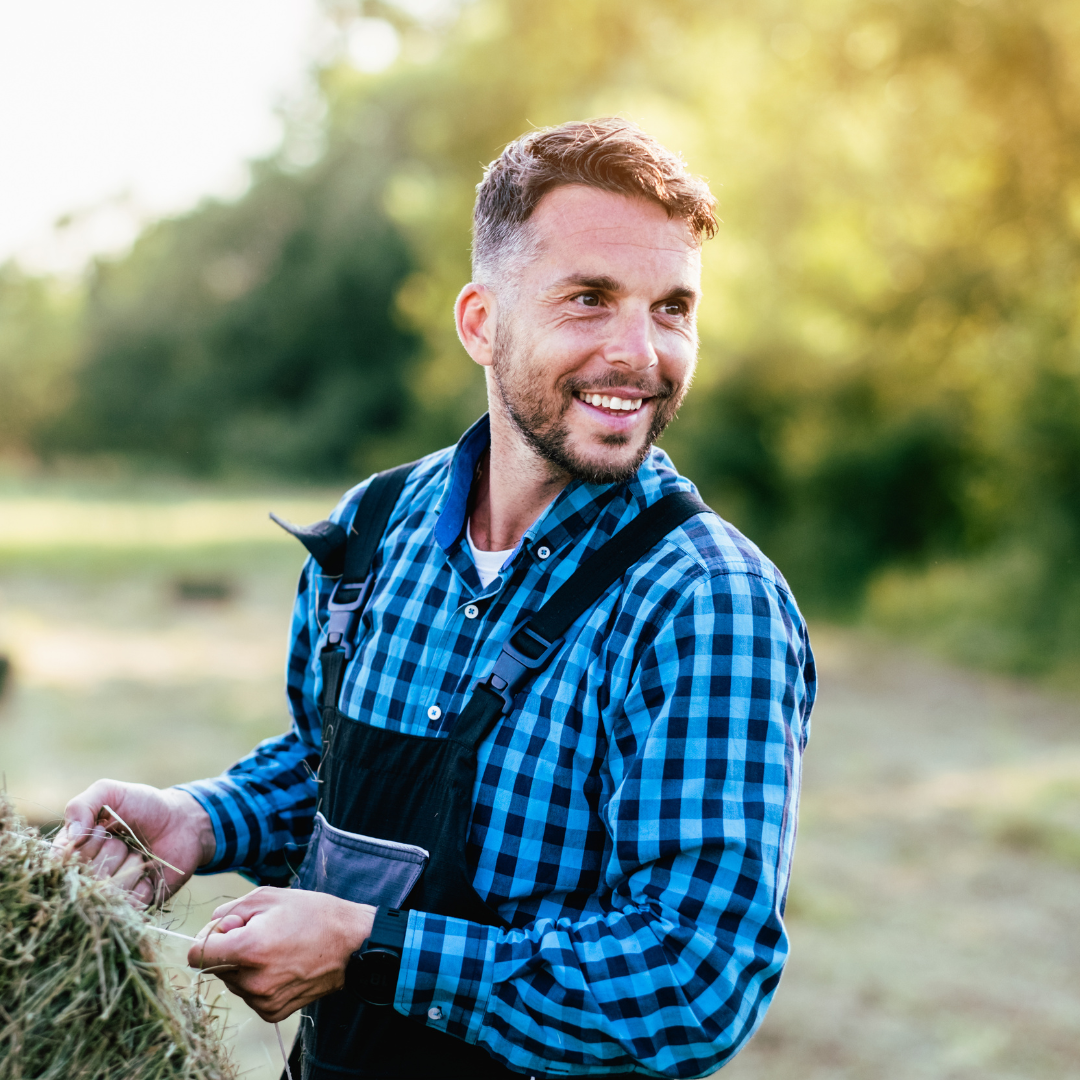|
A recent article in Nature reported on a Sumatran orangutan healing himself with a known medicinal plant poultice. Fascinating as this story is, we are certainly reminded again that nature has had the answers long before our experts put on white coats and told us to trust them.
The ability to observe nature in real time is a privilege and this is where gardeners and farmers who are custodians of the land are so valuable to our society. To observe the seasons and how nature interacts with the production of food is rather remarkable. Such wisdom is priceless. Just because the technocrats have made extreme wealth by creating imitation food products in the recent history, convinced us to consume them, hooked us on the addictive property of them and made us chronically ill in the process I am not giving up hope. Real food can heal us and if we look hard enough we will remember the innate wisdom to find the answers. Anne Maher
0 Comments
It’s a race to see who will come up with “The Answer” to the problem of our pesky farmers and how they are destroying the planet… I am not the only one who sees a different perspective.
For now though it may be starting to become apparent that an orchestrated and well meaning campaign is underway to nudge us all in the direction away from agricultural practices as we know it. As we move increasingly towards a technological age – the 4th industrial revolution it brings to mind the challenges that must have been faced by pastoral farmers who were “encouraged” to accept the mechanisation of the Industrial Revolution. We are where we are. The narrative though is such that a psychological nudge is deliberately used to create a scenario of farmers effectively giving up their right to farm and perhaps relieved to do so. (Mass evictions are not so trendy these days). The nudge factor is effective instead. Slower, but insidious and ongoing. Let me give you an example. Here is a phrase from a company website for a product called solein. It’s time to enter the era of sustainable food production to liberate our planet from the burdens of agriculture. The burdens of agriculture?! Liberate?! I imagine the person ( or AI bot) that came up with that is a bit removed from the land. Solein is a protein made from thin air they say… what’s not to like. This is factory farming at its best. Alternative protein sources shunting out the need to farm animals like beef and chicken. Add this strategy to a public health measure where animals are culled ( avian flu, foot & mouth) Demonise farmers for being cruel with select investigative journalism. Amplify the story with social media. Reinforce with the bureaucratic research and legislation and voila… Lets eat more Ultra Processed Food and feel great to save the planet…etc etc Life is never so simple. The process of bringing real food to the table is a spiritual transformation that science cannot replicate in my opinion. The connection to the land is part of our health journey. Protect them and nurture them. Don’t demonise them and erode their spirit to continue. They are our connection to this earth and ground us in ways we will never understand. A packet of protein powder made from thin air just doesn’t have the same power. Anne Maher When you change to the routine of consuming real food over ultra processed many things begin to happen. Aside from the health benefits ( of which there are many!) One of the striking changes is how often you shop. Here is the deal.. Less is more. A little and often etc. We have certainly noticed patterns change with customers. They tell us that they can manage better, waste less, plan better, eat better. It did get me thinking. Aside from the transaction it offers more opportunities to engage and connect for people. This cannot be a bad thing. Providing as many opportunities as possible for this engagement is important for our health.
Of course you can go shopping to a 24 hour supermarket if you want to. But I am talking about markets with real food available constantly. Let’s just say it is probably the case that at any time of day or night you could get your hands on a can of coke. Can you say the same about raw milk? Can you say the same about organic grass fed beef? I believe we apply our supermarket habits of shopping once a week to the market stall model and assume once a week is enough. Speaking with our US friends in Weaver St North Carolina they tell us that the norm there is once every three weeks for general shopping. All I can picture is the huge task that is to face. Not to mention very isolating. Our experience here has taught us that people enjoy the little and often approach because we have facilitated it to happen. Increased social engagement of shopping enhances the experience of accessing nourishment. We are social beings and need this now more than ever. Anne Maher Spring time though late after a long winter is more than welcome. As nature bursts forth its latent potential the growth of the grass will be eagerly welcomed by the farmers eager to get animals fed outside again. 40 shades of green or the green green grass of home? Either way this is real food for many animals that we rely on in our food system. We need reminding regularly that our farmers are our source of food. It seems ridiculous to state the obvious but alas as the years move on we disconnect with the reality that we rely on them. Pardon me for being the harbinger of doom here but imagine if the supply lines were cut off to our island and trade routes were interrupted. Let’s say through adverse weather or conflict. Apparently we have three weeks of food supply available. Forget the toilet paper supplies! How resilient are we to cope with a major shock? This is a question I often ask. Our consumption patterns of UPFs signal our rising risk. On the plus side we have embraced gardening and growing with more enthusiasm than ever. If nothing else it reminds us how much work is involved in getting food to the market and justifies an appropriate value of the food. We have a lot to do. Building our networks of local supply again. This is not a tick box exercise on circular economy. This could be life or death.
Anne Maher Whoever is involved in marketing Monster, they will be getting a rather large bonus I would say!
It is everywhere! A beverage of choice particularly for our teenagers I note the variety of colours and shelf space these products are taking up in the shops. Another ultra processed product displacing real food for us consumers. Clearly the profit is worth it. But at what cost to our health?? Considering up to 60% of our food choices is now ultra processed is it any wonder we struggle with health issues. I’m back at the graveyard for my thoughts on real food for living… what you say? Where is the relevance? Fascinating places to visit especially when you remember the individuals and families concerned. Sometimes their character comes through in how they are remembered. Nick names, previous names, ages, memorabilia all help to piece together the stories of their lives. More recently I note the headstones with the photos attached. A visual prompt to remember them as they were in happier healthier days. It did come as a surprise to find in recent days a memorial plaque to a recently deceased man featuring a large picture with a can of Diet Red Bull. Was this his beverage of choice I wondered? This icon sat among the family pictures smiling out at me. How far we have come with such ultra processed foods that they take pride of place at this time. Maybe it did just what it said it would.. it gave him wings… Anne Maher It’s that time of life when I am finally interested in genealogy. Looking through my family trees to trace back in time and elicit the stories of interest. Farmers feature a lot. Generation after generation. Irish history is echoed through the generations and it is quite surreal to recognise that my great-grandparents lived through the famine and beyond. How did they fare through it? Tenant farmers where the land must have provided vital nourishment and income in the midlands. My grandparents bought farming land through the land commission at the beginning of the last century. To be owners of land and not tenants must have been a proud time then after the long fight to gain independence and autonomy. How did it feel to plough that land with a growing sense of security? Wars and world events may have been secondary to the toil needed to sow and harvest raising a typical Irish family held tightly by religious traditions. The oldest son of a large family later, my father, reluctantly continued the farming tradition in the place he was born. He could not leave due to his place in the sibling hierarchy. An age-old tradition to ensure succession to protect that land. Siblings scattered to their destinies of emigration, religion, civil service, a step away from the land but they too kept a regular connection with the ground that nourished them. Cousins were regular visitors and memories were made. We heard stories as children of good old days of gatherings there on the farm, of music and dancing in the barns, of bicycle trips to Dublin after haymaking. The sun shining on the freshly made reeks. The corncrakes in the meadows and horses stopped work as the church bell rang out. The land did continue to yield forth a life and a living for us all with a wisdom gleaned from before but I know it was a challenge for my father to accept the modern techniques that were becoming popular in agriculture. He resisted silage for many years arguing he would wait until they fed this to horses. Meanwhile, I as one of nine children were mesmerized and seduced by the device called a Television. Learning about shiny new things that were far away from the land….yearning to leave and shake the dust off our feet. Three generations before me. All returned to the land where they rest now. No matter how far away from the land we do go there is no escaping the fact we will one day return.
Anne Maher The Urban Co-op is an interesting place. A microcosm of energy and ideas that keeps everything real and grounded for us. The complexity of conversations and interactions weaving a security blanket of comfort on cold days…
I had an interesting conversation with one customer who spoke about watching children's movies with her children and how farmers are being portrayed as often quite nasty characters. Fantastic Mr. Fox, for example, is hugely entertaining but yes the farmers do come across as being quite fearsome and unsavoury characters. It made me think that if children do not have direct exposure to farms they may never know anything but negative associations. Meanwhile, Jim Cronin is enjoying his retirement as I type and I am reminded of a conversation he had with us about how he was encouraged to consider supplying the Limerick Community Grocery when the concept started 10 years ago he spoke about a mother explaining why she wanted a place to get food that would not involve saying no to her child all the time when she was shopping. He agreed, and we are grateful he did. I am sure many children in the last decade have met many not so fearsome wonderful farmers as a result. Anne Maher One of the real joys with working at The Urban Co-op is seeing the progress of customers who learn that food can have healing properties. That slow awakening to the power of nature provides the answer we are looking for. Repeatedly the theme is the same. Food is usually the last chance saloon option after medical answers are pursued. But when there are positive results from food there is a period of disbelief followed by stages of awakening. It reminds me of the Kubler-Ross stages of grief. Denial, Anger, Bargaining, Depression and Acceptance appear to be more subtle and possibly not in the same order. I could suggest it is in the following order Denial / Depression / Bargaining / Acceptance / Anger. It is worth discussing this because there is an energy that builds in this process and harnessing this energy is having an interesting impact!
Anne Maher |
Categories
All
Archives
July 2024
AuthorsRecipes from Katie Verling & Jacques |









 RSS Feed
RSS Feed